The word humble comes from the Latin humilis, or humus, meaning literally, soil or ground, a priest recently revealed in a sermon. Thus to be humble is to be grounded, rooted in reality, and by extension sensible or well-balanced. Nothing is better calculated to inspire humility than dealing with nature.
A recent week spent bare-boating in the Whitsundays delivered multiple lessons in reality, not least because of the string of abandoned and derelict resorts standing melancholy testament to the difficulty of marrying the romance of island life with financial viability. We’re talking Lindeman, Brampton, South Molle, Hook islands, all once-glamorous, once well-known venues now disintegrating back into the bush. Elsewhere are Dunk, a Great Keppel resort, Double Island, and numerous failed resorts on the mainland, such as the huge, ruined, Iwasaki Yeppoon development so prominent in the 1970s. Undaunted, two tycoons have bought in recently, the Cannon-Brookes to Dunk, and Andrew Forrest to Lizard. Thoughts of Shelley’s boastful and doomed Ozymandias, ‘King of Kings, Look on my works ye mighty and despair’ spring to mind; let’s hope that a similar downfall doesn’t await. Kudos to developer Keith Williams, whose Hamilton Island is flourishing, although even there, he had to sell out to the Oatey family in 2003, and they’ve now put it on the market. The money hose needs to be ever blasted at these places, where staff turnover can reach 99% per annum, where transport and other high costs make a punnet of blueberries nearly $10 in Hamilton’s local supermarket, and where cyclones regularly threaten, and deliver, destruction.
I plead a special fondness for the Whitsundays, having holidayed on South Molle as a 15-year-old, returning to work as a waitress on Lindeman and later Heron in my 20s. An old photo shows me walking down the South Molle jetty, innocently unencumbered with railings of any kind. We were allowed to fall in in those days. We also enjoyed boom netting, where a rope net hung off a boat’s boom and dragged swimmers through the water, occasionally and hilariously relieving them of their swimwear. Gone the way of Guy Fawkes Night now. This time we were told to wear jellyfish protective swimsuits when in the water, even though it wasn’t Irukandji season, and warned not to swim at all in Nara Inlet – hammerhead breeding ground – and Cid Harbour, scene of a devastating series of shark attacks, one fatal, in 2018. We were one of 39 boats there one calm day, and no-one swam.
My family also received some of nature’s lessons, not because of our seafaring skills, which passed muster, but due to our boat, which took some taming. Our worst night, oddly enough, was at Hamilton marina, where we expected Easy Street. A dinner out was followed by my husband announcing: ‘We’ve had a disaster.’ Turned out a rainsquall had funnelled water through an open hatchway, and into two of our beds, making them sodden and unusable. And alas, despite repeated efforts to charge our battery, at 11pm on Sunday night the flat battery alarm went off and hammered away until the next morning at 8am, when marina staff discovered the problem; the circuit breaker had been tripped. They fixed the issue with the flick of a switch. Oh comfort zone, where were you. Mind you, we were daily compensated by the glory of our surroundings – whales breaching and leaping, turtles frolicking, seabirds diving, coral gardens, the play of light on tropical landscapes.
The only indispensable information was of course the weather, which came in on VHF radio. Wi-fi was minimal, and on occasion we were hungry for news. One starry night in Butterfly Bay, we wandered about the deck holding phones aloft, trying to coax messages out of a mere one bar of reception, to find out if a grandchild had been safely born. (She had). News of the plunging Voice polls reached us, another scuppering of romantic thinking. Even my holiday novel, the George Orwell classic Homage to Catalonia, showed fantasy giving way to reality. Apart from the raw monotony and laughable ineptness of Orwell’s war, he writes that he volunteered ‘to fight Fascism’ but had no notion of what kind of war it actually was. ‘I had accepted the News Chronicle–New Statesman version of the war as the defence of civilisation against a maniacal outbreak by an army of Colonel Blimps in the pay of Hitler.’ Shades of the simple-minded WaPo-NY Times framing of the Ukraine war, as democracy against aggression, rather than a more nuanced regional conflict against a history of NATO eastern expansion.
Orwell also notes the complete remaking of Spanish society. In 1936 Barcelona working class revolutionaries had seized every building, gutted every church, painted hammers and sickles everywhere. An overt egalitarianism reigned. ‘Nobody said ‘Senor’ or ‘Don’… everyone called everyone else ‘Comrade’.’ No one, he notes, was well-dressed. Seven months later, when Orwell was fleeing Spain as an outlaw, social norms had reversed, and egalitarianism was gone. ‘To look bourgeois was the one salvation.’ It’s worth remembering, in these nonsense days of fantasies such as men being women, how quickly humans adjust to new orthodoxies, and how none of this is unprecedented. And learning is always happening. The hunting of Orwell provided brutal emotional truths for his later book 1984.
It is no coincidence that those most in touch with nature, country people, are less prone to departing from reality than city folk. And the city-er the folk, the more this holds. Food, shelter and survival challenges vanish in the burbs, where comfort and the daily necessities are givens. Fitzroy café society and insulated academics create and indulge in many more loopy fairytales than country people: renewables as credible baseload power, a race-based referendum not being racist by its nature, net zero possible by next week, a climate catastrophe without noticeable catastrophes, irreversible gender changes for children, and more. USA Founding Father Thomas Jefferson hated cities, and championed an agrarian ideal nation. ‘I view great cities as pestilential to the morals, the health and the liberties of man.’
Little better then, to induce a cold blast of reality, than a stint in unforgiving nature, where humility is the norm. And if you’re a Voice advocate, just sit tight, your Ozymandean outcome may be at hand.
Got something to add? Join the discussion and comment below.
Get 10 issues for just $10
Subscribe to The Spectator Australia today for the next 10 magazine issues, plus full online access, for just $10.
You might disagree with half of it, but you’ll enjoy reading all of it. Try your first month for free, then just $2 a week for the remainder of your first year.

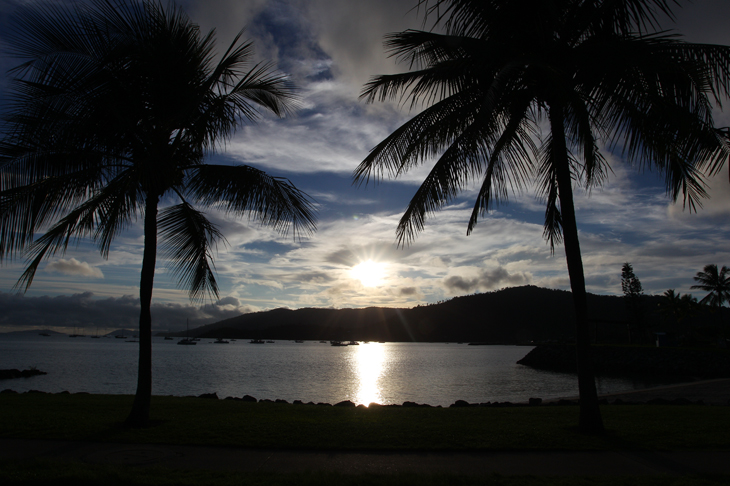
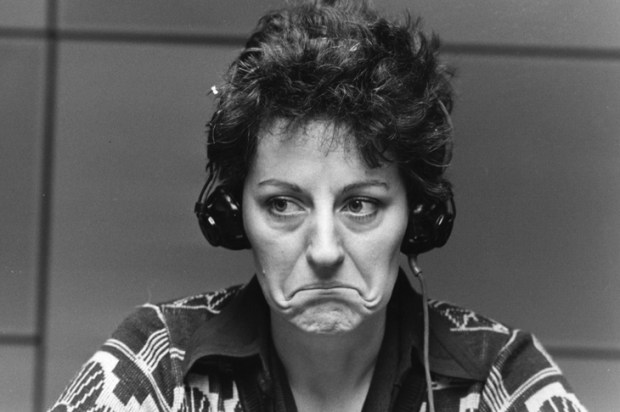

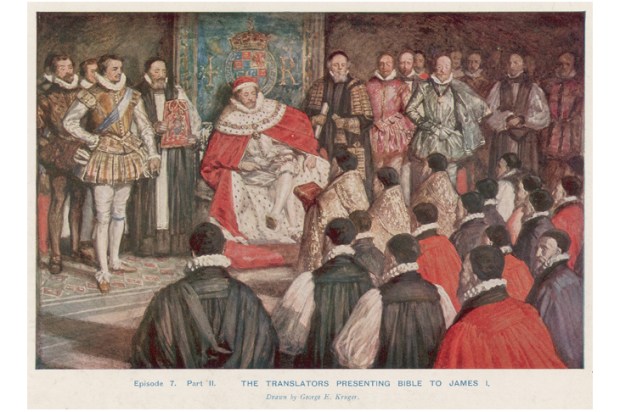
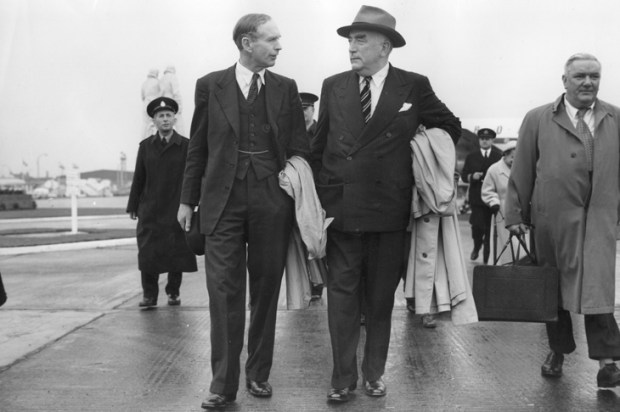
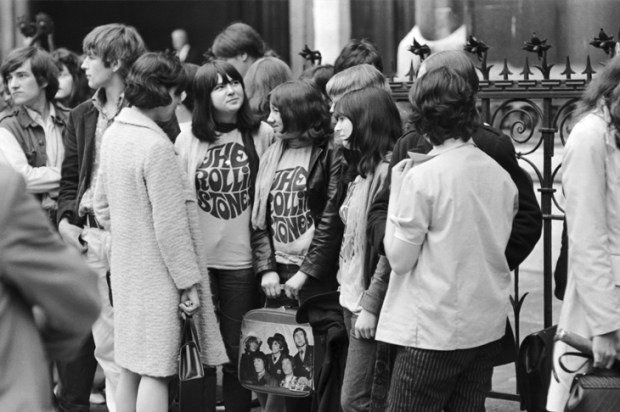
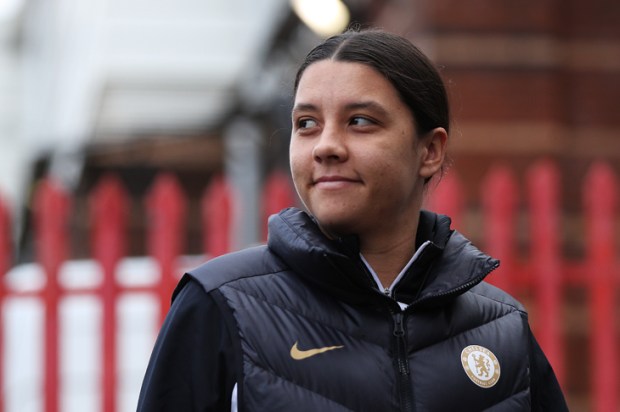






Comments
Don't miss out
Join the conversation with other Spectator Australia readers. Subscribe to leave a comment.
SUBSCRIBEAlready a subscriber? Log in